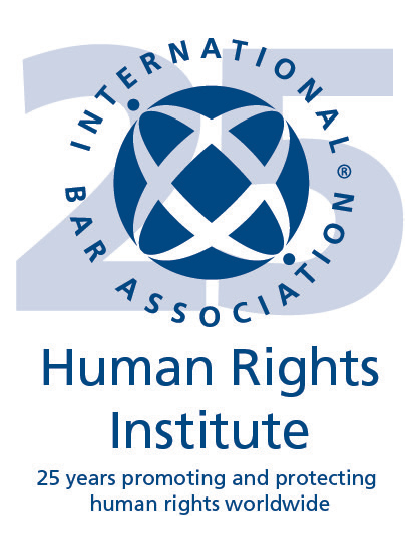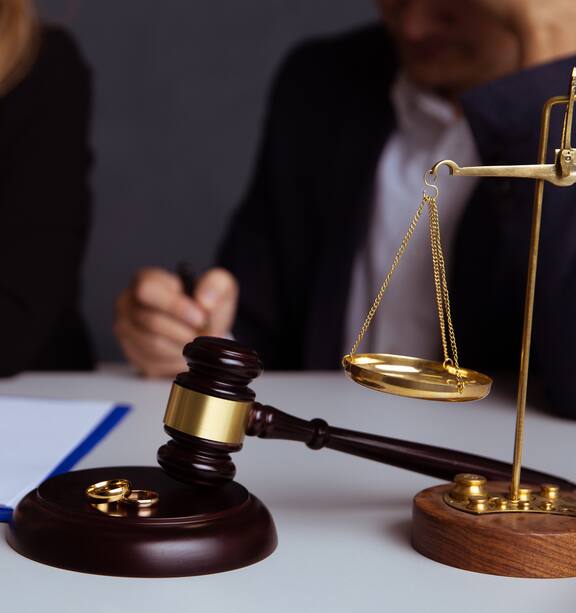During the hearing on 25 February, 2020, the Prosecution requested that those defendants who wanted to benefit from the effective remorse law be heard without the presence of the other defendants in the courtroom.
The Prosecutor referred to CMK (Turkish Code of Criminal Procedure) article which reads “If there is a fear that one of the accomplices of the accused or a witness would not tell the truth in presence of the accused, then the court may decide to exclude that particular accused from courtroom during the interrogation and hearing”, and said that “At this stage of the trials, defendants who wanted to benefit from the effective remorse law will be heard. These defendants will not be able to defend themselves because of the intimidating force of the criminal organization while giving their testimonies regarding the dissolution of the criminal organization and the administrators of the criminal organization. Other defendants need to be taken out of the courtroom while they give their testimonies.” It was scandalous how he referred to the group, which is still being tried and has not been convicted of any crimes yet, as a “criminal organization” thrice in his very brief speech!
Despite the objections of the defendants’ attorneys, the court agreed with this request. As of 26 February, those defendants who wanted to benefit from the effective remorse law are being heard in the courtroom with no defendants (other than those who wanted to benefit from the effective remorse law).
Some of the objections stated by our attorneys to this decision are as follows:
- CMK, article 200, which the Prosecution referred to, is about accomplices and witnesses; it does not involve plaintiffs or defendants who want to benefit from the effective remorse law.
- Furthermore, the article says that the court may exclude “that particular accused” from the courtroom, not “all” of the defendants.
- A concrete and reasonable reason must be offered to support the claim that they will not tell the truth.
- Even if that article is to be applied, according to legal acceptation, those defendants who are decided to be excluded from the courtroom during the interrogation and hearing should be brought into the courtroom after the hearing. Defendants should be taken back into the courtroom, and it should be ensured that they read and use the minutes of the hearing. In this sense, the court’s decision violates their right to a fair trial.
- All the other defendants have been heard by the court in open sessions, even though the defendants’ attorneys requested at the very beginning of the trials that the sessions be closed. The recent decision violates the principle of equality of arms, and thus the defendants’ right to a fair trial.
- Defendants are the main subjects of a trial; there can be no trial without defendants.
- It is quite possible that new allegations and new evidence will be put forward during the hearings. Due to criminal justice principles, defendants should be in the courtroom during these hearings and should have the right to have direct contact with the evidence and allegations.
- The allegations against the defendants are mainly based on the testimonies of plaintiffs and those defendants who wanted to benefit from the effective remorse law. The judgement the court will eventually deliver is likely to be based on these statements. Therefore, it is of vital importance that defendants have the opportunity to be aware of these allegations.
- The allegations do not consist of one single concrete case, but cover a lengthy period of time and years of acquaintance. Clearly, the defendants’ attorneys cannot know the whole acquaintance and what these people have lived over the years. So, the presence of attorneys in the courtroom is not sufficient; defendants should be there too. (The written minutes of the hearings can be available in no less than 5 months!)
- According to Turkish Supreme Court of Appeals rulings, holding a session closed while it could well be held as an open session, and not vice versa, is a reason to set aside the court’s final judgement. It is also a violation of ECHR, article 6. In a number of aspects, this practice must be a reason to set aside the court’s judgement but this is not the way we want to be acquitted, we want the material fact to come to light and to acquit thus.
- The case file contains no petition of those defendants who wanted to benefit from the effective remorse law along the lines that they are afraid of the defendants and want to give their testimonies without them in the courtroom. As a matter of fact, they have already come to the courtroom and willingly been in the same room with the detained defendants in earlier sessions; they were not even verbally hurt by the detained defendants, but they themselves assaulted the detained defendants verbally. Contrary to what their attorney said at the court, they have never been threatened or even been talked about in a bad way. Quite the contrary, defendants have stated numerous times that they are friends with them and love them anyway.
- The Prosecution is supposed to collect not only the evidence against the defendants, but also those in favour of them; and is not supposed to protect only the plaintiffs but also the defendants as well. But this is not the case in our file, as once again been displayed in this recent decision.
This decision is likely to be reiterated during the hearings of the plaintiffs as well. But for all the reasons stated above, the decision of Istanbul High Criminal Court No. 30 to exclude the defendants from the courtroom during the interrogation and hearing of those defendants who wanted to benefit from the effective remorse law is unjustifiable and is a violation of ECHR article 6, the principle of equality of arms, and the right to a fair trial.






